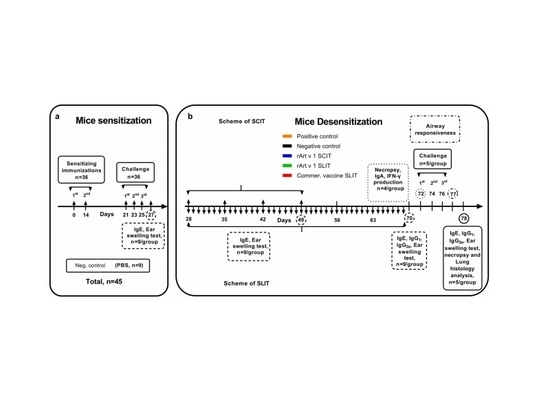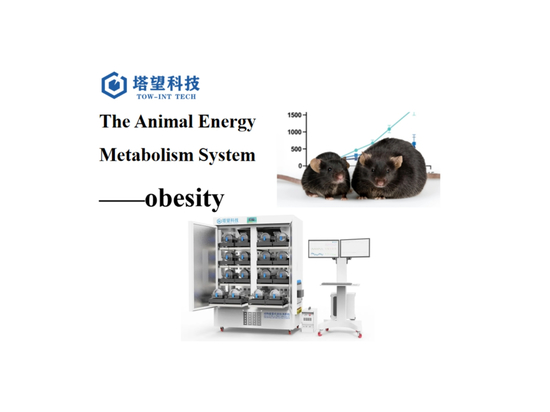
#Industry News
Animal Energy Metabolism System-Assists in Drug Safety Evaluation
Research on Substituting Traditional Sedatives with Passionflower Extract
Background
Over the past few decades, the use of sleeping pills has dramatically increased along with the number of people suffering from sleep disorders. Similarly, dependency on these medications has also risen sharply. However, excessive use of sleeping pills can lead to unexpected abnormal behaviors and subsequent metabolic diseases, particularly metabolic disorders resulting from abnormal eating behaviors and psychological instability. Recent studies have reported numerous side effects of prescription sleeping pills, indicating that patients with irregular sleep patterns may experience metabolic disturbances. Notably, excessive and prolonged intake of sleeping pills has been associated with abnormal behaviors during sleep, and reports suggest a high mortality rate among insomnia patients.
Recent research has identified herbal remedies as a significant solution for alleviating insomnia. Scientists have discovered that the ethanol extract of Passionflower, which contains major flavonoid compounds commonly known as Passionflower, has sleep-inducing properties. A previous study confirmed that this extract induces sleep in animals when administered either as a single dose or repeatedly. In the following study, we observed the behavioral and metabolic changes in mice after five days of repeated oral administration of the PI extract.
Objective of the Study
In this study, we investigated the safety of the PI extract as an alternative to sleep medications by evaluating the metabolic and behavioral changes resulting from repeated oral administration.
Materials and Methods
Mice were divided into two groups: a control group (vehicle-treated) and a PI group (Passionflower-treated). The mice were monitored using an animal energy metabolism system. Prior to the experiment, the mice were acclimatized for two days in metabolic cages containing food and water. The housing conditions were maintained at room temperature (22±2°C) with 60% humidity and a 12-hour light/dark cycle (light period: from 07:00 to 19:00), ensuring that the animals had free access to food and water during the acclimation period. The control and PI groups were then fed with water (500 mg/kg/day) and PI (500 mg/kg/day), respectively, for five consecutive days, with feeding standardized two hours before lights off. Oxygen consumption (VO2), carbon dioxide production (VCO2), and food consumption were measured using the energy metabolism system. Respiratory exchange rates and energy expenditure (EE) were calculated using standard internal software.
Results Analysis 1: The animal metabolism monitoring system recorded the food and water intake of mice treated with Veh- and PI 500 over five consecutive days and calculated the real-time average consumption for a 24-hour light/dark cycle. In the PI 500 group, both food and water intake showed a significant decrease or downward trend 2-4 hours before lights on. After the lights were turned off, both groups exhibited an increase in food and water intake; however, there was no statistically significant difference in food and water consumption between the two groups.
Results Analysis 2: The Respiratory Exchange Ratio (RER) in the PI 500 group was higher during the light period and remained elevated for approximately 11 hours following oral administration of PI. However, after the period between 04:00-06:00 (duration indicated by dashed lines), the pattern of the RER reversed, and the RER in the PI 500 group began to decline. Additionally, the study found that the energy expenditure (EE) results during the dark period were significantly lower in the PI 500 group. The real-time activity graph also showed that the activity during the dark period was markedly lower in the PI 500 group compared to the Veh group, indicating that the PI 500 group consistently maintained low activity levels during the dark period.
Conclusion
These results suggest that PI treatment effectively reduces energy expenditure. In other words, there was no observed increase in appetite or weight gain, and no changes in body composition were noted, only alterations in sleep patterns. Given that repeated use of various prescription sleeping pills has been reported to cause behavioral abnormalities and metabolic changes, we aimed to determine whether repeated administration of PI extract could induce similar issues in an animal model. Overall, the results showed no adverse effects, such as abnormal metabolic phenotypes or behaviors, including hyperphagia or unexpected metabolic changes, following the repeated administration of PI extract to mice for 5 days. Through this study, we confirmed that the use of PI extract primarily exhibits a sleep-inducing effect, at least in animal models, without causing any negative behavioral or metabolic disturbances.
Tow-Int Tech Animal Metabolism Monitoring System
The Tow-Int Tech animal metabolism control system primarily consists of an environmental chamber, animal experimental cages, a data acquisition controller, a gas source and filtration components, a computer host, and software. It uses a floor-standing environmental chamber that can integrate up to 64 channels, allowing for simultaneous continuous respiratory metabolism monitoring, food and water intake monitoring, spontaneous activity monitoring, and voluntary exercise monitoring of small animals in the same batch. The system records relevant data for analysis and has a wide range of applications. It can be used in studies on cardiovascular diseases, insulin tolerance, the relationship between metabolic syndrome, diabetes, and aging; metabolic diseases, neurological damage, epigenetic factors, changes in brain function due to antibiotic use, or toxin exposure; evaluation of metabolic demands, the relative thermogenic effects of different foods, beverages, activities, and medications; metabolic phenotype analysis research; behavioral studies; nutritional research; livestock research; and microbiome studies, among others.
Contact us now!
We are committed to making your research easier, more accurate, and more efficient and helping you build confidence in your data! We have provided services for a large number of customers, giving us rich experiences in offering customized, professional solutions according to your needs.
Reference
Kim GH, Yi SS. Chronic oral administration of Passiflora incarnata extract has no abnormal effects on metabolic and behavioral parameters in mice, except to induce sleep. Lab Anim Res. 2019 Dec 30;35:31. doi: 10.1186/s42826-019-0034-9. PMID: 32257918; PMCID: PMC7081546.





